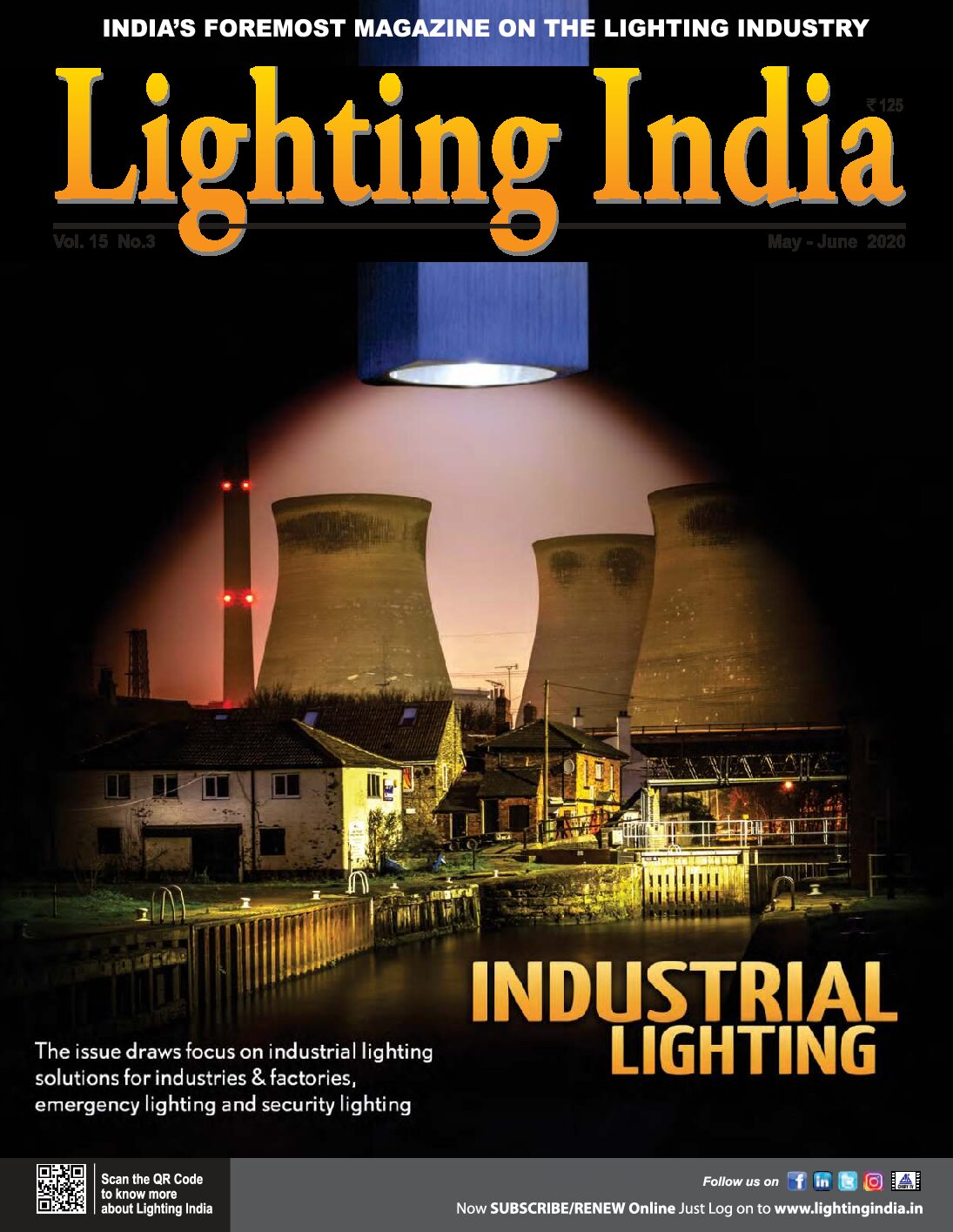
Infrared (IR) optics is currently used predominantly in relatively high-end technical equipment and facilities: night vision systems allow drivers to see people and animals even in low light conditions at night. Thermal imagers help building owners and surveyors to detect leaks and cold bridges in buildings. One of the aims of the Fraunhofer Institute for Production Technology IPT is now to open up new markets for infrared optics, particularly in the consumer sector.
Until now, infrared optics have been manufactured in grinding and polishing operations or in machining operations involving the use of monocrystalline diamond – and are therefore comparatively expensive. Precision glass moulding, in which a preform of chalcogenide glass is shaped in a glass mould press under the influence of heat, can reduce the high costs since the optical components are formed to specification in one single process step. The initial outlay for the manufacture of the pressing tools is swiftly recouped in high-volume production and reduces the unit cost of the parts to a level that is acceptable for consumer goods.
Companies use moulded infrared optics in their products in order to gain a foothold in new markets: these permit thermal imagers to be integrated within standard smartphones in order to permit users to visualise energy losses in their own homes, for example. It is conceivable that cost-effective infrared technology could be used as part of smart buildings to control air conditioning and light without the need for conventional motion detectors or to measure the length of a supermarket queue. More economical laser systems and imaging optics with wide spectral ranges are also opening up new opportunities in the industrial environment.
The Fraunhofer IPT surveys and develops the complete process chain of moulding infrared optics from chalcogenide glasses – starting with the question as to how the aluminium alloy moulds can be machined using single point diamond turning. Within the German Federal Ministry of Education and Research (BMBF)-funded V.I.P. research project MIRO – “Mass production of InfraRed Optics via precision glass molding”, the engineers in Aachen are developing and validating wear protective coatings, which significantly prolong the moulds’ lifetime. A simulation model, developed specially for moulding chalcogenide glasses, permits replicative processes to be designed with enormous precision. Even before the very first pressing trial, all of the process parameters can be determined, thereby reducing both the outlay otherwise required for process development and the amount of rejects generated.



















